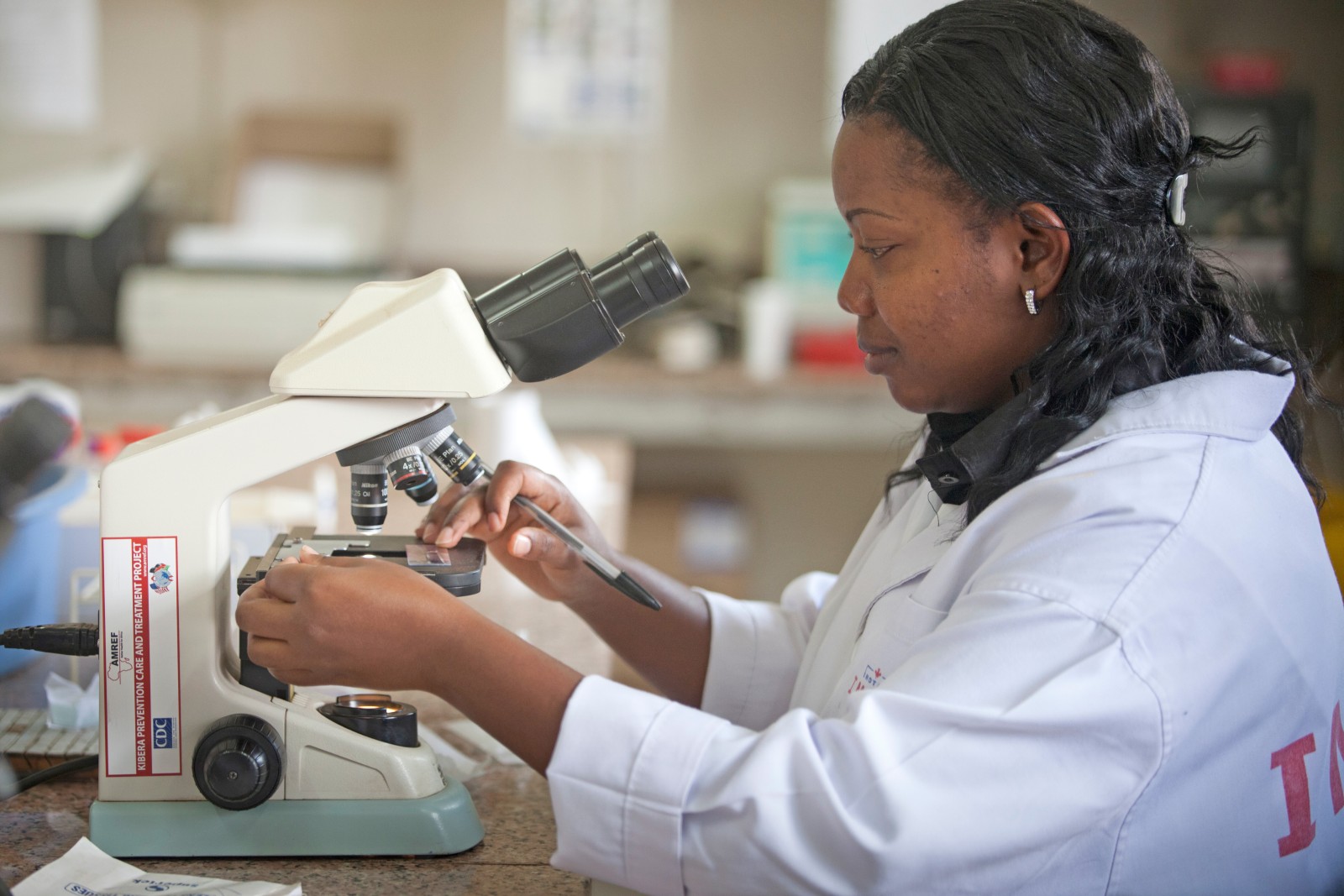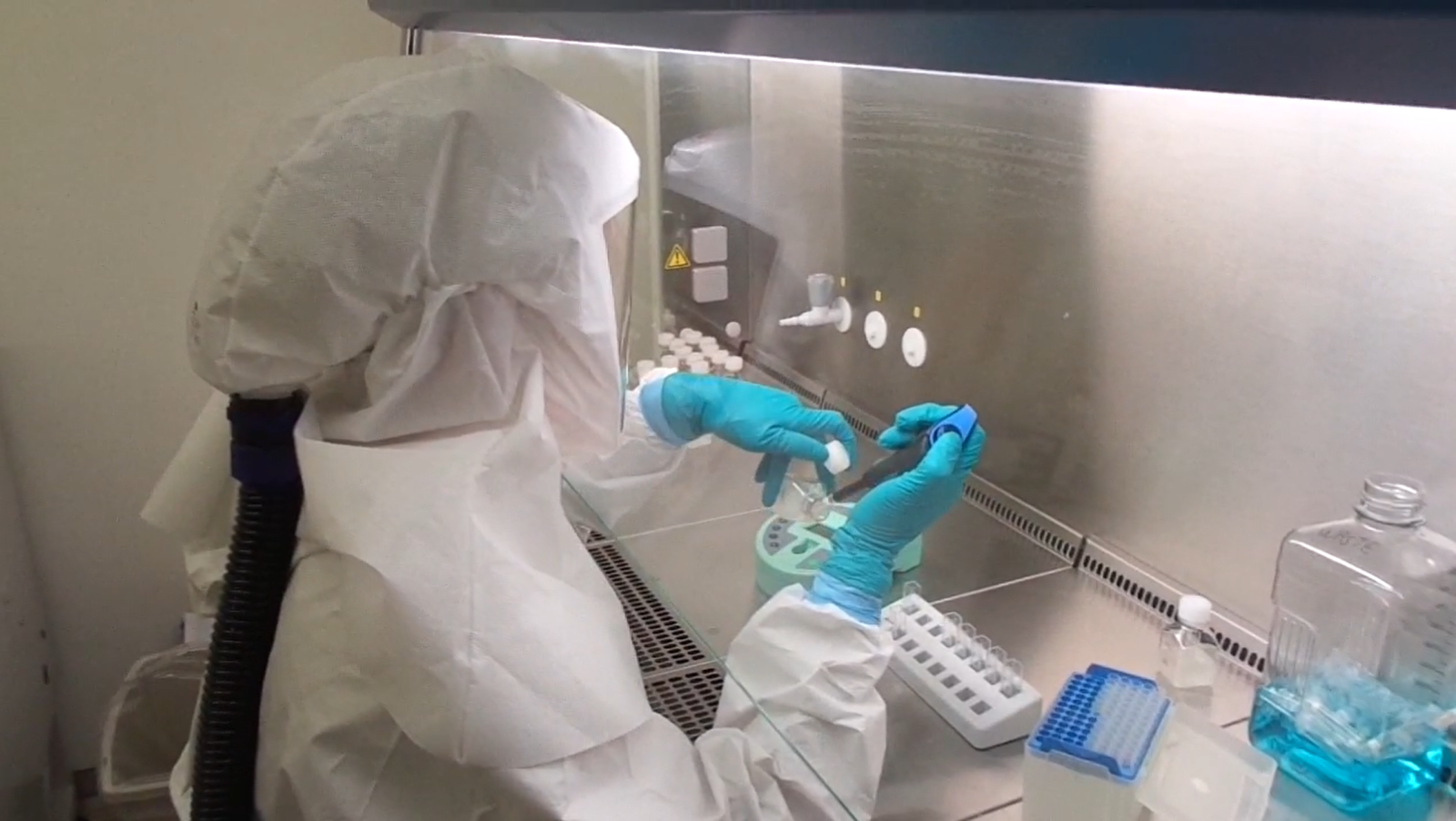Sharing IP assets to facilitate R&D targeting neglected tropical diseases
Date
15 November 2022

AbbVie, Bayer, Daiichi Sankyo, Eisai, GSK, Johnson & Johnson, Merck, MSD, Pfizer, Novartis, Takeda
Global
Neglected tropical diseases (NTDs)
Sharing intellectual property (IP) with third-party researchers at public research institutions or drug discovery initiatives
To accelerate the development of products for NTDs

The 2022 Index has found that the number of R&D projects targeting NTDs has fallen since the last iteration of the Index, even though there are many NTDs for which new or improved treatments are urgently needed, such as mycetoma and river blindness. Choosing to share IP assets with third-party researchers is one way that companies can help to accelerate R&D for under-researched diseases such as NTDs, even if they lack active projects in the R&D pipeline. By sharing IP assets, pharmaceutical companies are also helping to accelerate R&D for new products, averting duplication of efforts and enabling researchers to continue the work companies have started.
IP sharing: filling gaps in pipelines
In 2009, Bayer and Sanofi shared assets with the Drugs for Neglected Diseases Initiative (DNDi) and Médecins Sans Frontières to develop a better treatment for sleeping sickness (human African trypanosomiasis) and Chagas disease. The resulting product, fexinidazole, received a positive response by the European Medicines Agency in 2019 to replace a complex and toxic medication that killed around 5% of people it treated. When companies are open with IP assets, they can accelerate R&D and help introduce life-saving products in LMICs.
In 2022, eleven companies (AbbVie, Bayer, Daiichi Sankyo, Eisai, GSK, Johnson & Johnson, Merck, MSD, Pfizer, Novartis and Takeda) stand out for engaging in recent IP-sharing agreements made with third-party researchers for the development of new products for NTDs. Companies share their IP through partners such as DNDi and BIO Ventures for Global Health/World Intellectual Property Organization (BVGH/WIPO) and/or through open libraries of compounds. Companies help facilitate access to resulting innovations in various ways, such as encouraging the publication of findings, committing to lowering costs, or generally through granting royalty-free licences to the IP assets shared.
Merck leads, with the most examples of new IP sharing agreements that target NTDs. It partners with BVGH/WIPO to share IP and has also done so through its Open Global Health Library, a platform through which researchers can apply for compounds directly and receive additional information like compound structures after results are shared.
More R&D needed for under-researched diseases
The Index now looks for more companies to contribute to accelerate R&D efforts for under-researched diseases, including NTDs. Companies can engage in new IP-sharing agreements that have access clauses enabling resulting innovations to be accessible in LMICs through mechanisms such as granting royalty-free access to IP assets they have provided or encouraging publication of research results.